Watermelon is a fruit that is eaten typically during summers. You may want to make it your go-to summer snack, but it is imperative to check its nutritional information first especially if you have diabetes. If you are suffering from diabetes, you must be aware of the importance of watching what you ingest and monitoring your blood glucose levels. Watermelon is a rich source of natural sugars. Depending on what you eat in your overall diet, watermelon may impact your blood glucose levels. Keep reading the article to know what the impacts are of adding watermelon to your daily diet.
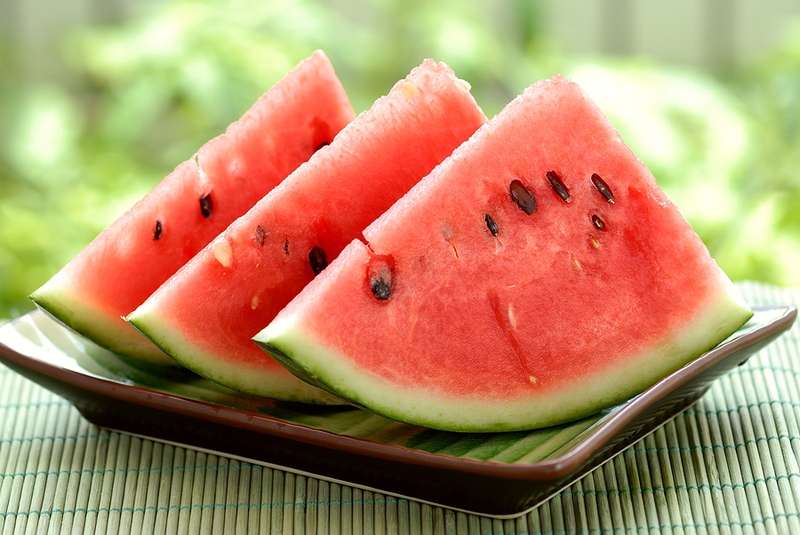
Is Watermelon Good for Diabetic?
Majority of the individuals think that they should avoid watermelon since it is very sweet. However, the fact is that you should add watermelon to your diabetic diet as it helps in proper management of diabetes. Though it is a rich source of carbohydrates and natural sugar, it contains lesser number of calories and various nutrients packed in its juicy morsels. It helps you feel full after eating because of its high fiber and water content. It has little sugar; hence, it does not cause a huge impact on your blood glucose levels.
Nutritional Information of Watermelon:
Serving size: 1 cup (154 g) of diced watermelon | |
Calories | 46 |
Fat | 0.2 g |
Cholesterol | 0mg |
Sodium | 2 mg |
Potassium | 171.21 mg |
Carbohydrates | 11.6 g |
Dietary fiber | 0.6 g |
Sugars | 9.5 g |
Protein | 0.9 g |
The glycemic index measures how blood sugar responds to glucose present in foods. In a range of 100, the higher the glycemic index is, the more likely it is that the food will increase the blood sugar levels. Watermelon is a high glycemic index food with glycemic index of 72 for ¾ cup. However, it does not imply that your blood glucose levels would be negatively impacted by eating watermelon as glycemic index is also related to the amount of carbohydrates present in a food.
According to the formula: Glycemic load = total number of carbohydrates*glycemic index/100, watermelon’s glycemic load is only 5, implying that due to its low carbohydrate content, it would not have much effect on the blood glucose levels. But still, you must eat it in moderation as overeating of everything is bad.
How Watermelon Helps with Diabetes?
It is a rich source of several nutrients: Watermelon contains several nutrients including vitamin A, vitamin C, vitamin B1 and B6, magnesium. Vitamin A helps in maintaining the health of your eyes and other cells of the body. Vitamin C helps the body in fighting off infections. Vitamin B1 and B6 help in keeping you energetic all through the day. Magnesium helps in improving blood circulation and in protecting from heart disease.
It is a rich source of potassium: Watermelon is a rich source of potassium, making it an ideal fruit for proper functioning of the kidney. It helps in flushing out toxic compounds from the kidneys, keeping levels of blood uric acid in the lower range; thereby, preventing kidney damage. A diabetic should eat at least 5-10 servings of veggies and fruits in their diet. You can include 3 servings of watermelon each day due to its high content of water.
It is a rich source of lycopene: Is watermelon good for diabetic? Sure, it is. It is a rich source of lycopene, which has antioxidant properties and protects from disorders of circulation. It combats the free radicals that damage the body cells and protect you from heart disease. Lycopene also plays a key role in preventing various types of cancers in diabetics such as colon cancer, colorectal cancer, breast cancer and lung cancer. Lycopene also helps in the prevention of dementia and cognitive decline caused by diabetes.
It is a rich source of amino acids: Watermelon is a rich source of amino acid called L-citrulline which plays an important role in preventing high blood pressure. Another amino acid L-arginine is synthesized from L-citrulline, which helps in maintaining proper functioning of the arteries. Regular use of watermelon extract or watermelon will help prevent worsening of hypertension over time.
Are There Other Sweet Fruits the Diabetics Can Eat?
Pomegranates are the richest source of various antioxidants, which can prevent you from free radicals and chronic diseases.
Grapes contain a phytochemical referred to as resveratrol, which helps in modulation of blood sugar response by affecting how the body secretes and uses insulin. Hence, you can include grapes in your diet, due to their nutritional profile.
Apples: Diabetics can include apples in their diet. According to American Journal of Clinical Nutrition, apples, blueberries and grapes are beneficial for decreasing the risk of type-2 diabetes.
Blueberries: Anthocyanins are a type of flavonoid that is present in blueberries and that impart them their deep pigment. Anthocyanins are known to reduce the risk of diabetes.
Strawberries are low-glycemic index food; hence, they release glucose slowly into the blood. They can also help improve immunity, increase metabolism, which can help you shed weight and fight cancer.
Guava is a great snack for diabetics with a low glycemic index. Guava is a rich source of dietary fiber which helps in relieving constipation – a common diabetic complaint. It can also reduce the risk of developing type-2 diabetes.
Cherries also contains anthocyanins, which increase the insulin production of cells by 50%. So you can include cherries as a part of your daily diet.
Papaya is a rich source of natural antioxidants, making it a great food for diabetics. People suffering from diabetes are at a risk of developing many ailments, such as nerve or heart damage due to fluctuating blood glucose levels. By including papaya in your diet you can prevent future damage to cells and lead a better and longer life.
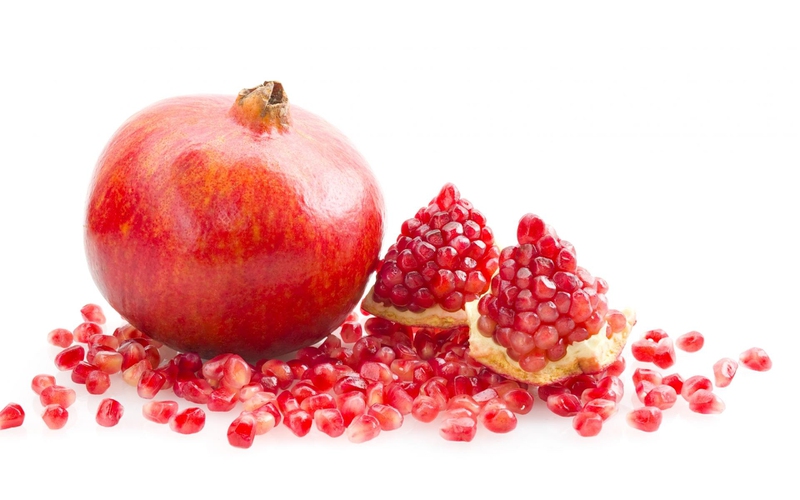
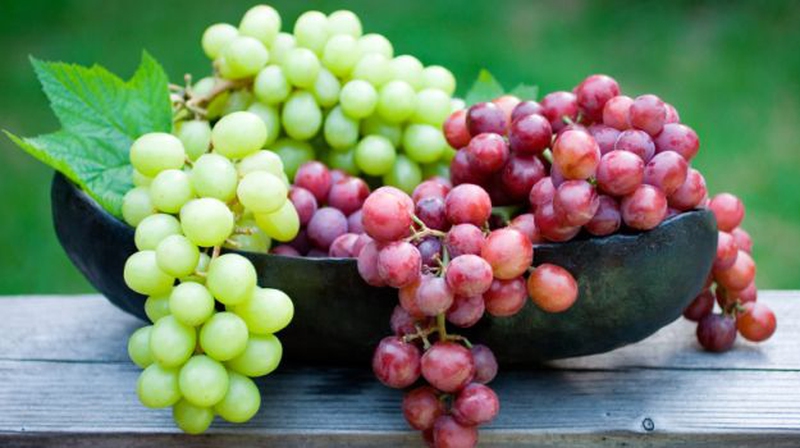
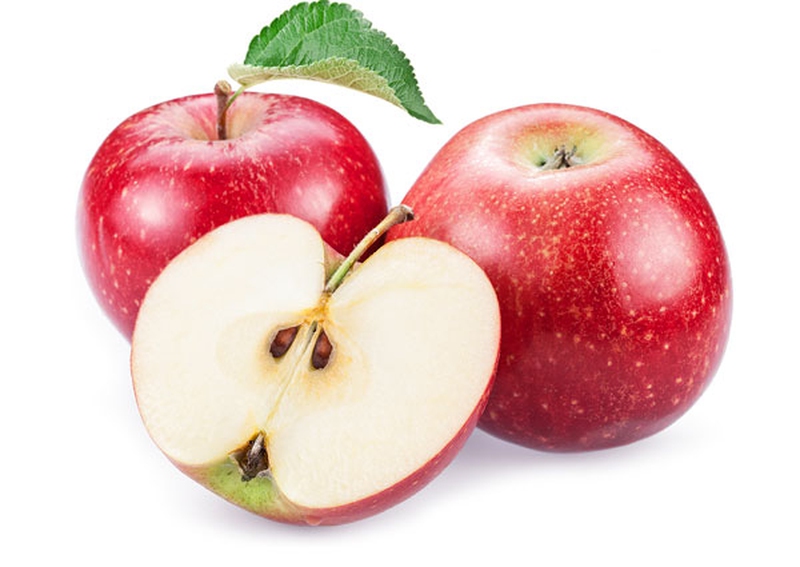
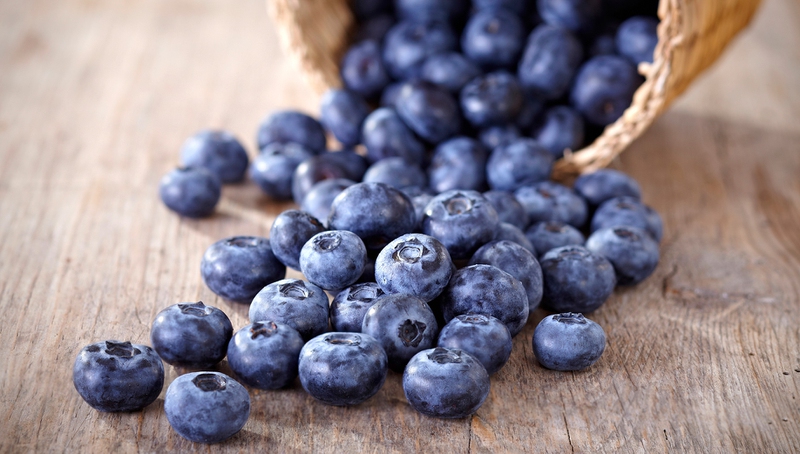
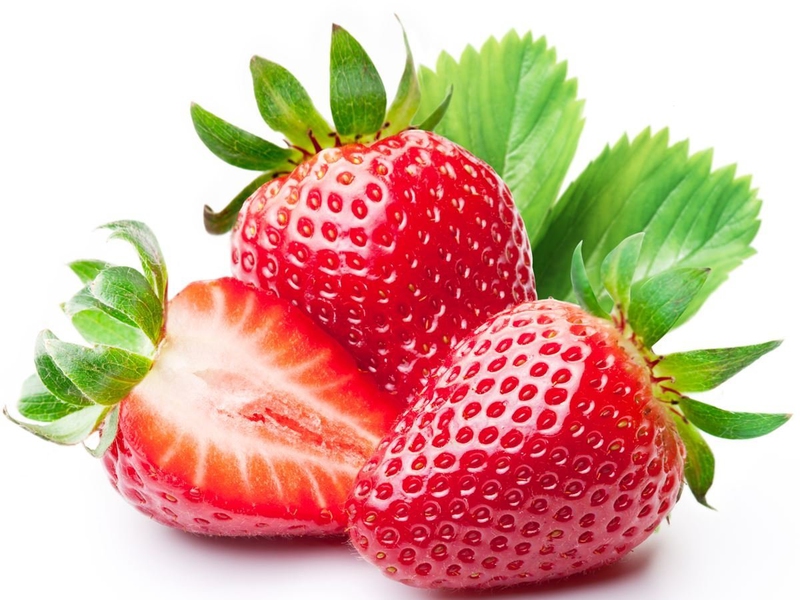
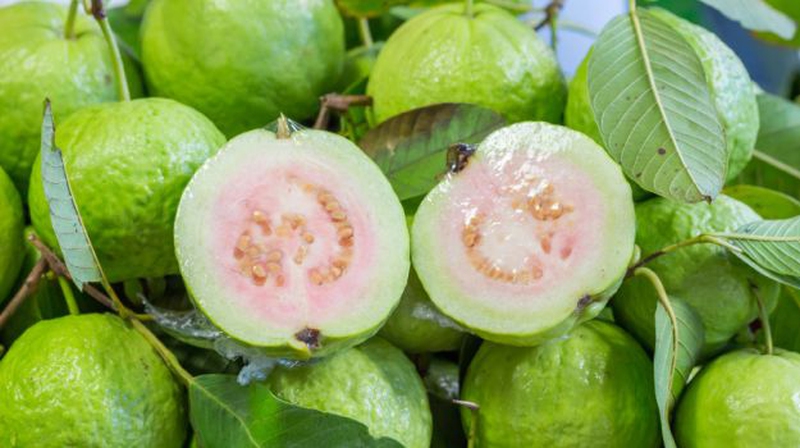
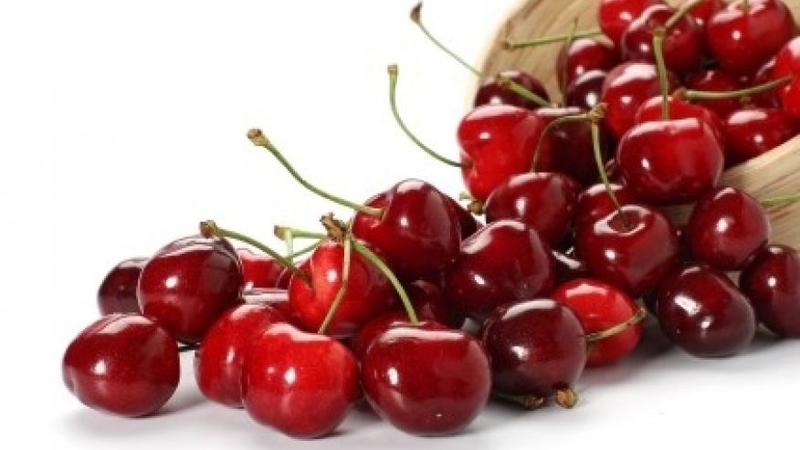
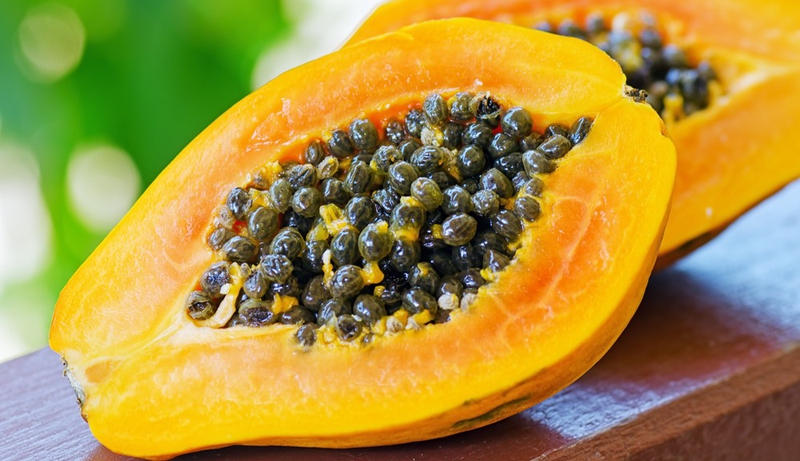
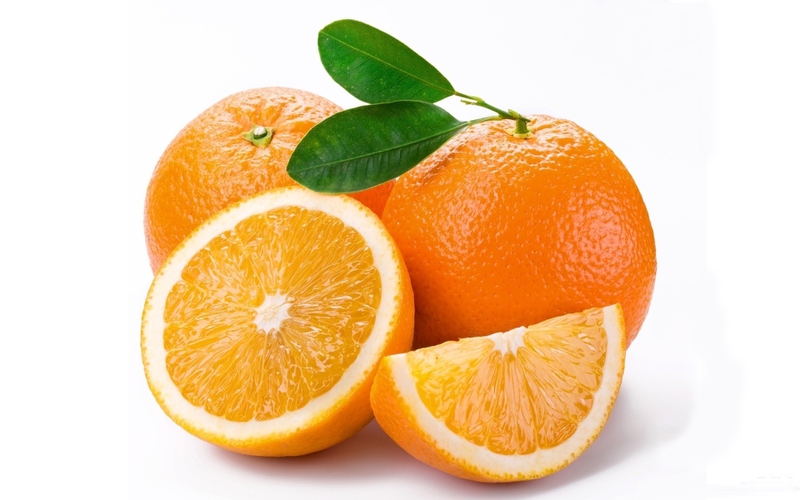
View All Comments /Add Comment